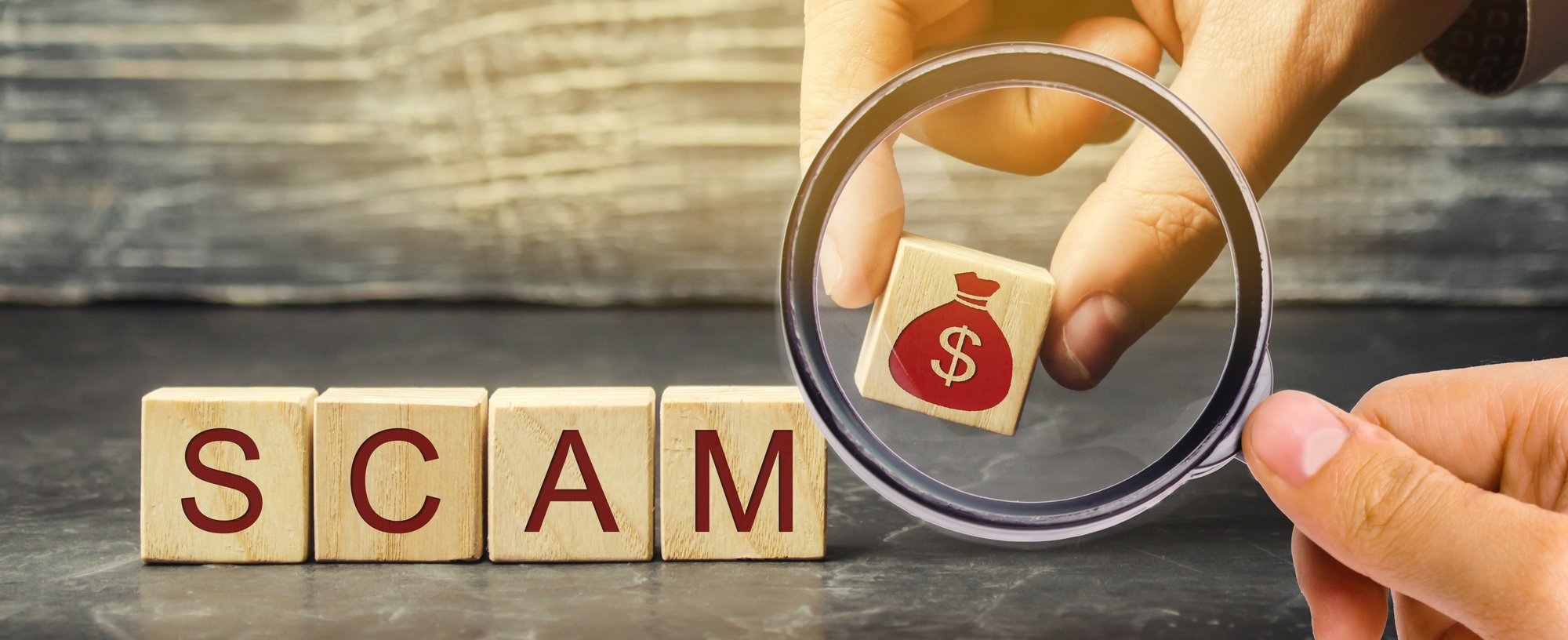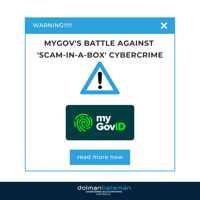Australia is facing a serious cybersecurity challenge, and it's getting more pressing by the day....
Protecting Your Business: Common Bussiness Scams in Australia and How to Avoid Them
 Australia is a developed country that offers a stable and lucrative business environment. However, like any other country, it is not immune to scams. Scammers in Australia employ various tactics to defraud businesses of their hard-earned money.
Australia is a developed country that offers a stable and lucrative business environment. However, like any other country, it is not immune to scams. Scammers in Australia employ various tactics to defraud businesses of their hard-earned money.
Types of business scams
- False invoicing scams: This is one of the most common types of business scams in Australia. Scammers create fake invoices and send them to businesses with the hope that they will be paid. They may use a name that is similar to a legitimate business or supplier, making it easy for businesses to fall for their scheme.
- CEO fraud: In this scam, scammers impersonate a CEO or other senior executive and request funds to be transferred to a third-party account. They may use email or other messaging platforms to communicate with the employees of the targeted business.
- Phishing scams: Phishing scams involve tricking businesses into revealing sensitive information like passwords or banking details. These scams often take the form of emails or messages that look like they are from a legitimate source.
- Business email compromise scams: Business email compromise (BEC) scams involve scammers impersonating a business or individual and using fraudulent emails to request payments or sensitive information. These emails often look very convincing, and scammers may use tactics such as urgency or pressure to try to get businesses to comply.
- Investment scams: Investment scams involve promises of high returns for low-risk investments. These scams often target small businesses that are looking to grow and expand.
- Directory scams: Directory scams involve unsolicited calls or emails from a business directory service. The scammer may claim that the business is already listed and that a fee is required to update the listing.
- Fake government grants: Scammers may offer fake government grants to businesses that are struggling financially. They may ask for an upfront payment or personal information to process the grant application.
- Charity scams: Charity scams involve scammers posing as charities and soliciting donations from businesses. These scams can be particularly heartless, as they often exploit people's generosity and desire to help others.
How to avoid business scams
- Verify the authenticity of the sender. The majority of business scams in Australia are carried out through unsolicited emails or phone calls. Therefore, it is essential to verify the identity of the person making the request before sharing any personal or financial information. Legitimate businesses and organisations will always provide proper identification.
- Conduct thorough research. Before engaging with any new business or investment opportunity, it is vital to conduct proper research. This includes researching the company's history, reputation, and financial statements. Check if the company is registered with the Australian Securities and Investments Commission (ASIC) and whether it has any negative reviews or complaints.
- Be wary of offers that seem too good to be true. Scammers often lure businesses with offers of high returns or low-risk investments. If an offer sounds too good to be true, it probably is. Be sceptical of any offer that promises quick and significant financial gains.
- Protect sensitive information It is essential to protect sensitive information like passwords, bank account details, and credit card numbers. This includes avoiding sharing this information with anyone, except trusted individuals or businesses. Use strong passwords and never store sensitive information on unsecured devices.
- Stay up-to-date with the latest scams. The tactics used by scammers are continually evolving. It is important to stay up-to-date with the latest scams and techniques used by scammers. This includes reading news articles, subscribing to scam alert newsletters, and following ASIC's social media accounts.
- Develop a scam response plan. Developing a scam response plan is an important part of protecting your business. This includes identifying the types of scams that your business is most vulnerable to, establishing a protocol for responding to a scam, and training employees on how to recognize and respond to a scam.
Scammers are becoming increasingly sophisticated in their tactics, and the cost of falling victim to a scam can be devastating. If you want to safeguard your transactions against scams and ensure that they are conducted safely, it is important to seek professional advice.
Dolman Bateman can offer expert guidance and support to help you achieve this. This blog has been prepared for the purposes of general information and guidance only. It should not be used for specific advice or used for formulating decisions under any circumstances. If you would like specific advice about your own personal circumstances, please feel free to contact us on 02 9411 5422. We can help make sure the right method is used to give you the maximum possible tax deduction associated with any of these methods.
This blog has been prepared for the purposes of general information and guidance only. It should not be used for specific advice or used for formulating decisions under any circumstances. If you would like specific advice about your own personal circumstances, please feel free to contact us on 02 9411 5422. We can help make sure the right method is used to give you the maximum possible tax deduction associated with any of these methods.



